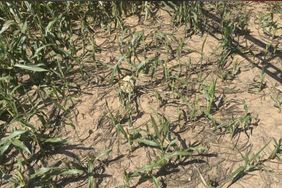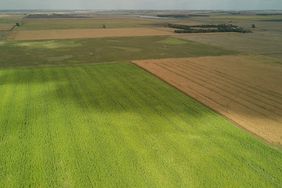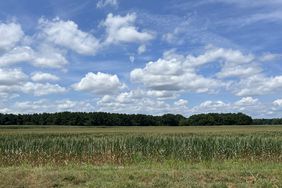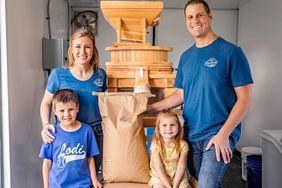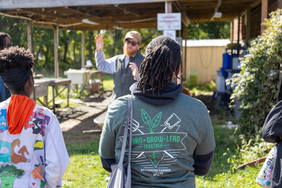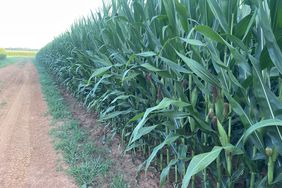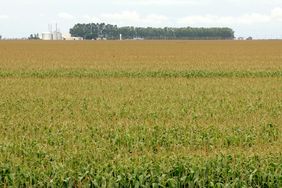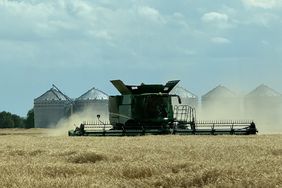:max_bytes(150000):strip_icc()/2017IAS-d711b50c0b6244fdb7675aaa613f87d1.jpg)
The goal in Congress is to pass a new farm bill by Christmas, Senator Charles Grassley (R-IA) told farmers and agribusiness leaders at the 2017 Iowa Ag Summit in Des Moines Saturday.
Grassley, a longtime member of the Senate Agriculture Committee, expects no major changes to the existing farm programs.
"The biggest challenge for this farm bill will be the budget, which may sound familiar," he said.
Grassley does expect challenges to crop insurance. The Trump administration has proposed putting a cap on crop insurance indemnity payments. Critics are trying to eliminate the harvest price option, which raises the value of insured crops at harvest if prices have gone up due to a drought or other market forces.
Grassley said Senate Agriculture Committee Chairman Pat Roberts (R-KS) has promised not to cut spending for the crop insurance program.
The Ag Committee has strong support for the existing crop insurance program but some members of the Senate may propose changes when the farm bill is debated in the full Senate, Grassley said.
"I doubt that changes suggested on the floor of the Senate will get adopted," he said.
Grassley said crop insurance could see some small improvements. He's heard from farmers who have had difficulty getting insurance coverage when they plant cover crops.
"Perhaps that's an area where we can find some mutual agreement," he said.
Grassley said he'll continue to advocate putting limits on farm program payments going to nonfarming members of large farm businesses. That would not affect farmers who are actively engaged in production.
"If you're a farmer, you have nothing to worry about with payment limitations," he said.
